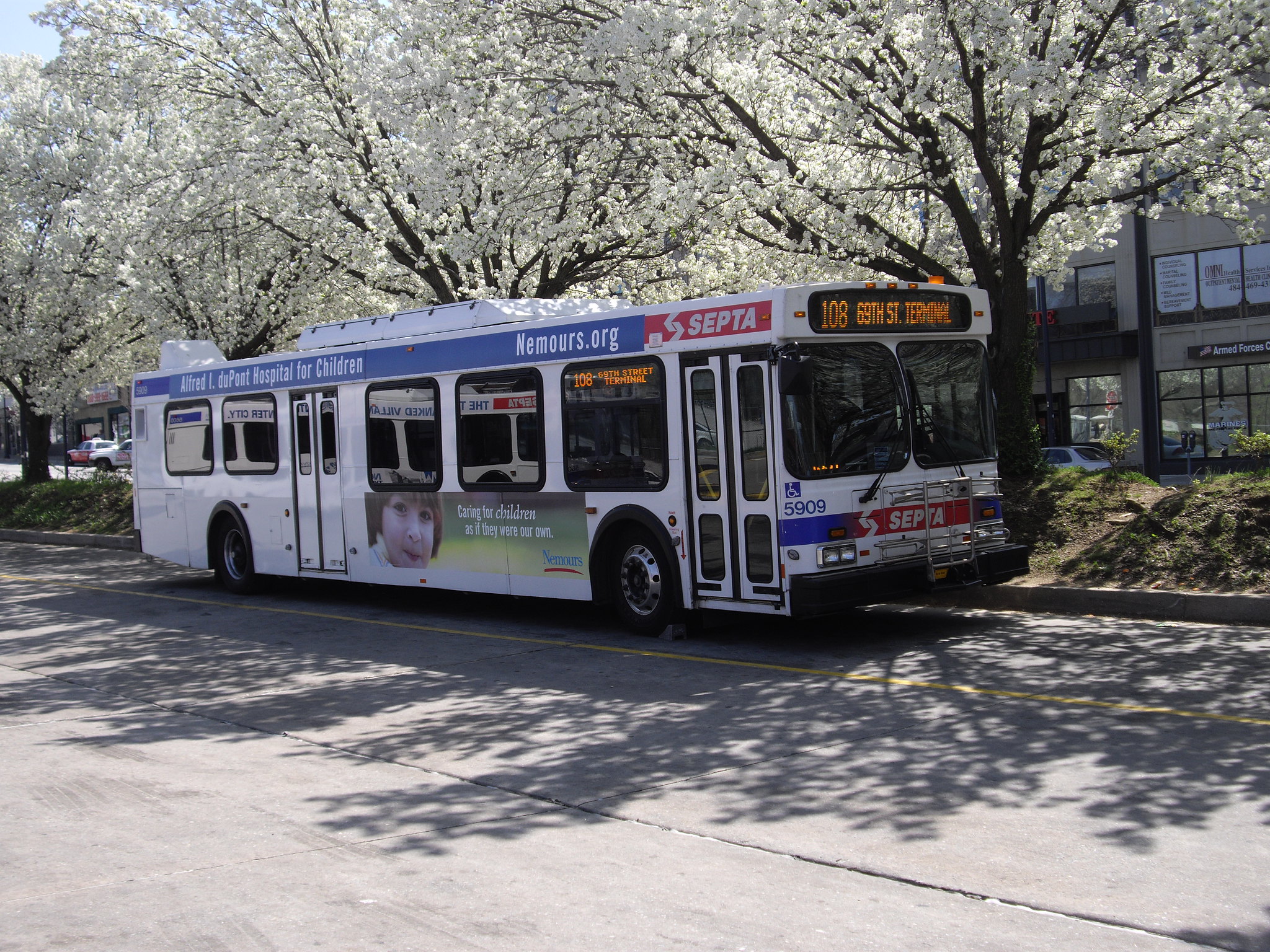Editor's note: A version of this article originally ran on Human Transit and is republished with permission.
The Pennsylvania State Senate has decided that the transit system of America’s fifth largest city should be substantially destroyed.
Similar dramas are playing out in Illinois, Oregon, and Rhode Island. Each crisis has arisen from the state legislature’s refusal to find new funding to save public transit, but Pennsylvania is the first state to actually push its biggest transit agency over the cliff.
Oregon will be next to decide, at a special legislative session in late August. Look for action in Illinois later this fall.
In the Philadelphia area, SEPTA is making a 20 percent service cut but will eventually have to cut service 45 percent. Cutting almost half of a transit system is not a way to make it more efficient. It more like asking whether you’d like to keep your heart or your lungs.
Back in 2018 our firm did a detailed study of the Philadelphia network, and while we found many things to improve, none of those things would save even 10 percent, even if there weren’t unmet needs on which any savings should be spent.
So this will be a disaster with far reaching consequences. A city whose high density makes transit essential for the city’s functioning will soon not function very well. Service cuts will push transit riders back into cars, either as drivers or as people being given rides, triggering increased congestion. It will also cause people to lose jobs and opportunities due to lack of transportation.
From what I can tell, the Republican-controlled Pennsylvania State Senate seems to be motivated by pure cultural animus toward urban life. One state representative has already replied with a proposal to return tax revenues to the county from which they came, to make the point that the rural counties are actually net recipients of government spending that is funded by urban-generated prosperity.
This raises one of the most insidious aspects of how many US states have constructed the powers of local governments. Conservative state leaders appear to be nearly unanimous in their view that big cities should be prevented from governing themselves. In particular, they are committed to denying local governments the freedom to ask their own voters to raise their own taxes to pay for things that they value.
The idea is to make city governments helpless while continuing to blame them for everything that goes wrong in cities. It plays well in conservative media, but it’s not fair and it’s certainly not democracy. When dense cities are not allowed to fund their services in a way that reflects their needs and values, it guarantees that the city will be a site of failure — failure that will be especially visible to the media because in dense cities everything is more visible.
A good backgrounder on this, which I’m reading now, is historian Steven Cohn’s book Americans against the City. It’s a history of anti-urbanism the explains how foundational hating cities has been to America’s sense of itself. None of which changes the fact that cities are engines of prosperity, and that to hate the city is to hate your own prosperity.
Cities need more transit. Rural areas need more roads. Let’s let everyone pay for what they value.






